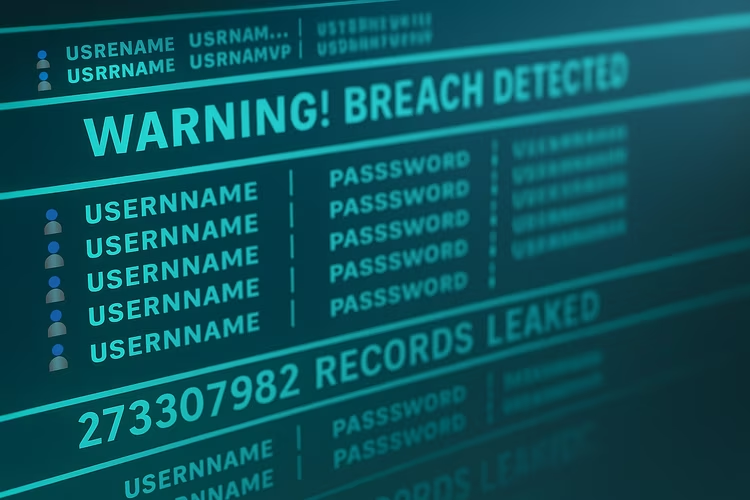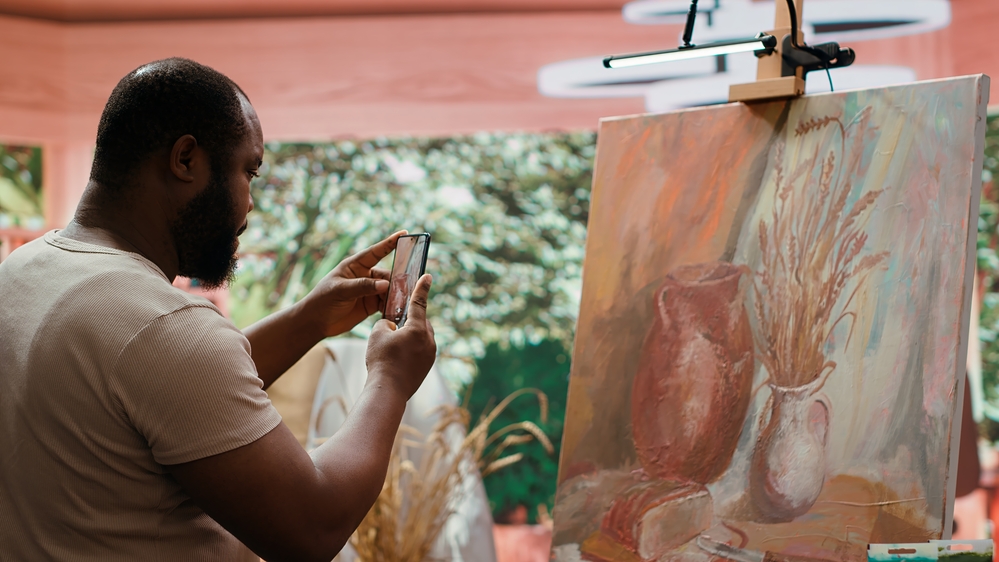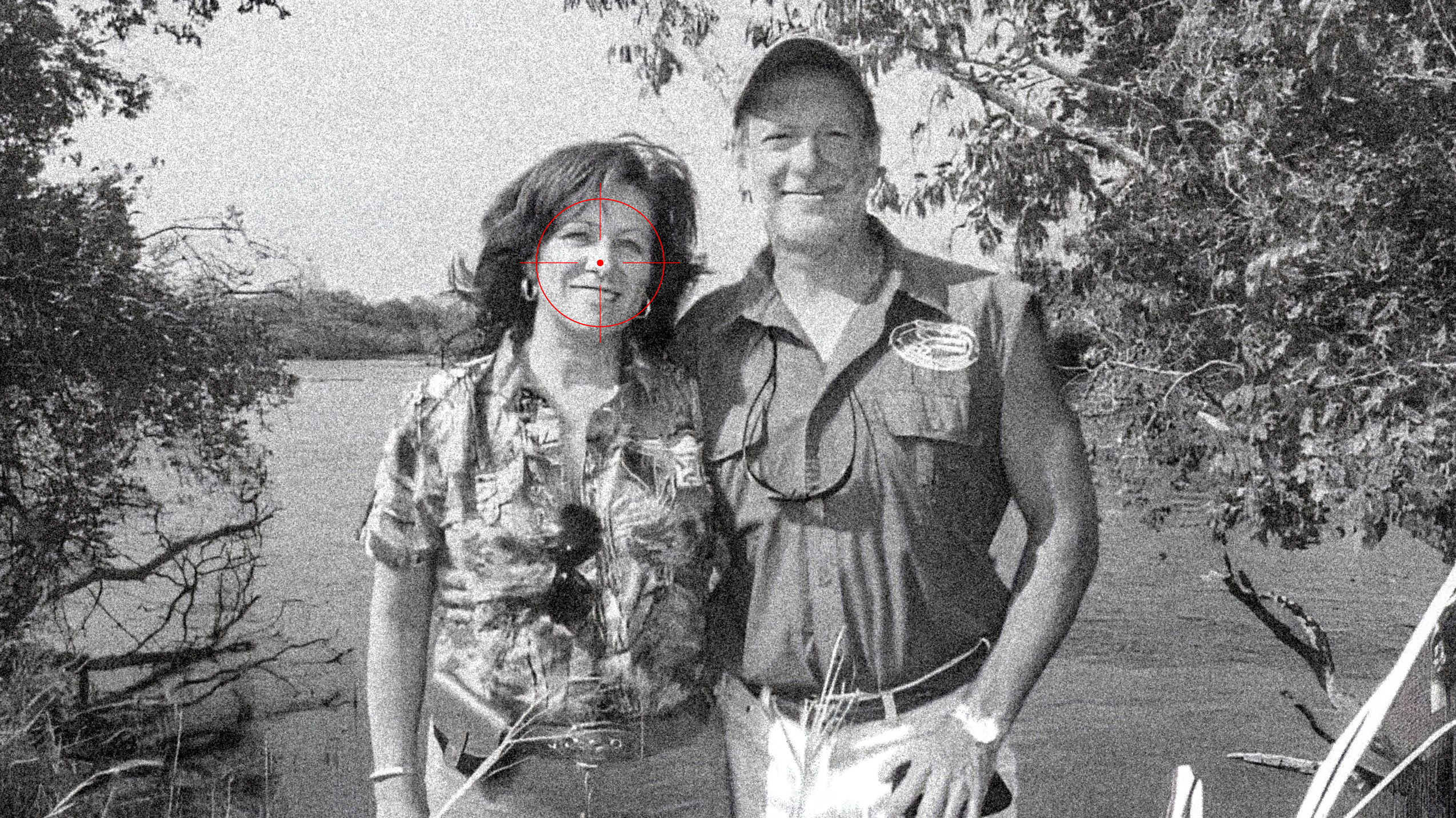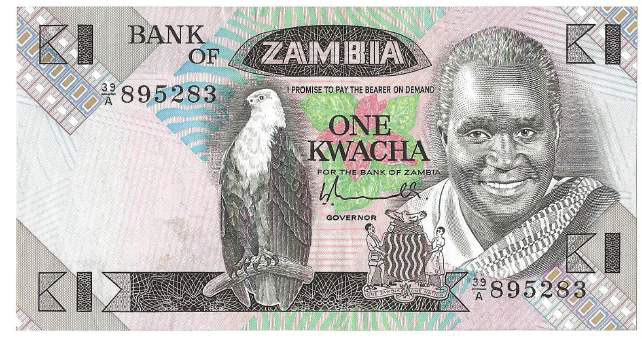Zambia's Cyber Security Act No. 3 of 2025 introduces strict regulations governing online behaviour, making actions such as forwarding fake news, using VPNs for illicit activities, and cyberbullying punishable by law. This article highlights how everyday actions, such as sharing memes or private content, can lead to fines or imprisonment.
Let's be honest. Most of us have forwarded a funny meme, shared "breaking news" before double-checking, or added a funny comment under a trending post. But in 2025, Zambia's digital community is under strict surveillance. With the new Cyber Security Act No. 3, things that used to be "just jokes" or "freedom of speech" can now get you arrested.

Yes, even that spicy meme in your WhatsApp group chat could land you in serious trouble.
This law isn't just about hackers and scammers; it's about you, your friends, and what you do on your phone every day.
Forwarding Fake News = Spreading False Information (Even If You Didn't Mean To)
You get a WhatsApp message:
"Lusaka to be on lockdown this weekend. Stock up now!" (I know, we all have Covid era PTSD)
You forward it.
Turns out, it's fake.
Now you're in trouble.
Under the law, spreading false information online about health, elections, government, you name it, is a crime, even if you weren't the one who made it up. If it causes panic or confusion, you could be fined or jailed.
How to avoid jail:
Don't just press "forward." Ask yourself:
- "Is this from a legit news source?"
- "Would I say this in public or in front of authorities?"
Better rule: If you're not 100% sure it's true, don't share it all.
Using VPNs to Be a "Ghost Online" Could Haunt You
Many Zambians use VPNs to access streaming apps, avoid ads, or protect their online privacy. That's fine.
But what's not okay?
Using a VPN to hide while doing illegal activity, like accessing banned sites, cyberbullying, or pretending to be someone else.
What does this mean?
- Changing your IP to "UK" so you can tweet anonymously and insult someone? Illegal.
- Using a VPN to scam someone or send spam links? Illegal.
- Posting wild stories about government officials under a fake account? You guessed it, illegal.
How to avoid jail:
VPNs themselves aren't banned, but make sure you aren't using them for anything shady.

Talking Trash Online Can Now Get You Sued (or Arrested)
Zambian social media is full of drama, Twitter wars, Facebook rants, TikTok exposés. But now, calling people names, accusing them of things without proof, or exposing their private business can be considered defamation.
This includes:
- "She stole my man" posts.
- "He's a fraud," Facebook comments.
- Screenshotting people's private messages and making them public.
How to avoid jail:
Saying "it's just banter" won't help you in court. If you wouldn't say it to someone's face in front of their lawyer, don't post it online.
Cyberbullying Is a Crime – Even in Private Chats
Harassing someone online isn't just rude; it's now a criminal offence. Even DMs and inboxes are covered. If someone reports you, and there's proof, it could cost you.
This includes:
- Sending someone 20 messages after they've asked you to stop (sorry, persistent exes).
- Cyberstalking (constantly watching or messaging someone).
- Starting group chats to roast or shame someone.
- Sending unsolicited nude pics (yep, that too).
How to avoid jail:
If you do not have anything nice to say, don't say it at all, or in this case, don't type it online.
Sharing "Leaked" Pictures or Videos? You're in Big Trouble
We've all seen it happen:
Someone's intimate pictures get leaked. It spreads on WhatsApp. Some people laugh. Some share it "for awareness." Some call it karma.
STOP.
Under the new law, sharing private or sexual content without someone's consent is illegal, no matter what the backstory is.
It doesn't matter if:
- You didn't film it.
- "Everyone was sharing it".
- You only sent it to two friends.
- You had a negative history with the person.
You share it = you're guilty. Penalties are harsh. Fines, jail time, or both. And in this economy, we can't afford any of that.
How to avoid jail:
Respect consent and privacy; if it is not yours, don't share it.

So, How do I Stay Out of Trouble (While Still Enjoying the Internet)?
Let's be real, you don't have to go offline. Just be smart about your online presence.
- Think twice before you post. If your post went viral and a judge saw it, would you be okay with that?
- Don't be the "info guy" in your group chats. Spreading fake stuff makes you look bad, and now it's illegal.
- Ask for permission. Before posting pictures of someone else, especially anything personal.
- Keep the jokes respectful. Humour is still legal. Hate isn't.
- Report online abuse. You have rights, too; this law isn't just out to punish; it's also there to protect.
Don't Let Likes Ruin Your Life
Zambia's online world has changed, perhaps for the better. The Cyber Security Act of 2025 is here to stay. You don't have to live in fear of every tweet or TikTok, but you do need to be more thoughtful.
So, before you post that savage meme, send that shady voice note, or go on a digital rant, ask yourself: is jail worth it?








